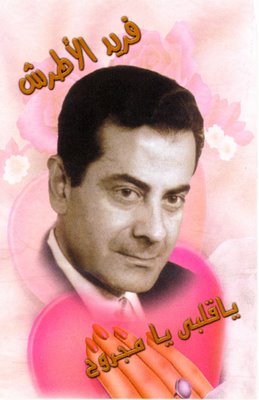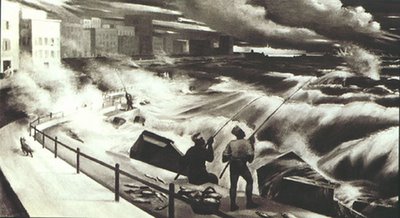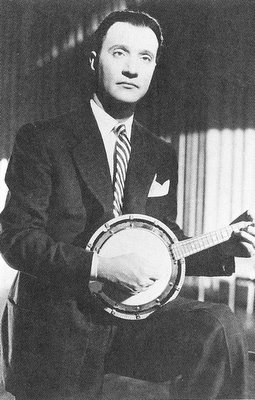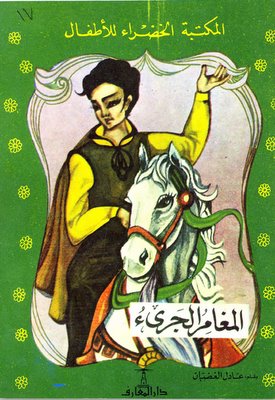One of the world’s greatest actors passed away on July 7, leaving a legacy of incomparable performances, by turns lighthearted, intense, and transporting. During his life and in death, Dilip Kumar (1922-2021) is conventionally branded the ‘Tragedy King,’ though his oeuvre transcends any one or even handful of genres. Even his famed tragedic roles (in Devdas and Mughal-E-Azam) blended whimsy and introspection, setting him apart from lugubrious brooding. When I watch Kumar’s magical presence on screen, I don’t see a king of tragedy or even a fiend of comedy, though he delivered both with aplomb. I see an actor who inhabits his roles so completely, who exudes such seemingly effortless mastery, that one can only stand agape.
Dilip
Kumar astonishes us all over again with the mesmeric possibilities of the silver
screen.
His dashing style, infectious smile, fleet-footed movements even when weighed down by period costumes. His lightness of being deceives one into thinking that he’s just an affable fellow who happened to walk onto a set and is just being himself.
His
movie-star quality somehow manages to come off as genuine affability, as if he’s
a regular person you might pass on the street, albeit an unusually good-looking
person you’d look at twice.
By some
accounts, Kumar was genuinely humble in everyday life and lacked the pomposity
and inflated ego of a movie star. Be that as it may, that he conveys this approachable
aura is his signature appeal. It makes his solemn role in Amar all the more
interesting and incongruous to watch.
In his
romance scenes, Kumar and his co-stars crafted a poetic intimacy that bordered on
the erotic, as in the much-noted feather scene with Madhubala (Anarkali) in Mughal-E-Azam.
But my very favorite is his courtship of Vijayantimala in Paigham, in the chat
by the pond, with moonlight reflecting the water’s ripples on the bashful couple.
Even the hokey flute-playing feeds into the dreaminess of the scene.
More of
this dreamy romance makes the song sequences of Madhumati compulsive to watch,
made even more ethereal by the misty waterfalls in the hills of Nainital.
This particular pair have so many lovely dance sequences together, from the urbane Tere Husn Ki to the otherworldly Ek Shahenshah to the rustic Udein Jab Jab Zulfen Teri. Naturally, the color-rich song sequences of Mughal-E-Azam are in a class of their own, not least the qawwali Teri Mehfil Mein.
For me, the gravitas of Dilip Kumar as an actor is his bravura performance opposite Amitabh Bachchan in Shakti, the only time these two titans met on the silver screen. Now a grizzled man and actor, Kumar inhabits the uncompromising police commissioner with terrifying realism. In a kind of reverse King Lear, the drama is propelled by the unspeakable hurt between principled father and wounded son, with a heart-wrenching climax breathtaking in the synergy between its two principals.
As we bid
adieu to Mohammed Yusuf Khan the man, the magnificent actor Dilip Kumar lives
on, leaving us to marvel at his excellence, his creativity, his capacity to
renew our wonder and stoke our imagination.











